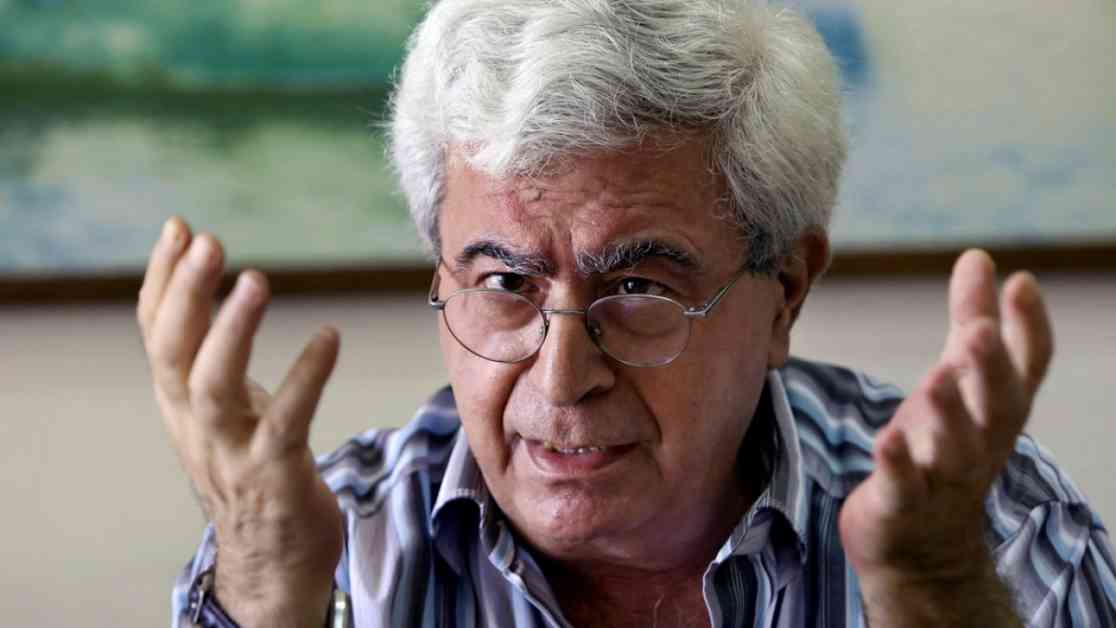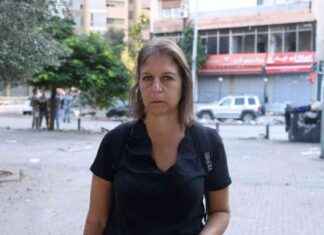Elias Khoury: Renowned Lebanese Novelist and Palestinian Advocate Passes Away at 76
Elias Khoury, a prominent Lebanese novelist and passionate supporter of the Palestinian cause, has sadly passed away at the age of 76. Known for his impactful literary works that delved into themes of collective memory, war, and exile, Khoury leaves behind a legacy that has touched readers around the world.
A Literary Giant
Throughout his illustrious career, Khoury produced a vast body of work in Arabic that resonated with readers globally. His novels, essays, and articles often shed light on the struggles faced by Palestinians, drawing attention to their ongoing plight and the injustices they endure. Khoury’s dedication to amplifying the voices of the oppressed was evident in his writing, making him a revered figure in the realm of Arab literature.
A Voice for the Voiceless
Khoury’s commitment to the Palestinian cause extended beyond his literary endeavors. He was actively involved in teaching at universities worldwide, where he imparted his knowledge and passion for literature to students eager to learn from a master storyteller. In addition to his academic pursuits, Khoury also worked as an editor for a publication linked to the Palestine Liberation Organization (PLO), further solidifying his role as a champion for the marginalized.
Born in Beirut in 1948, Khoury’s early experiences in Lebanon shaped his worldview and inspired his lifelong advocacy for the Palestinian people. He pursued his education in Paris, where he obtained a PhD in social history, honing his analytical skills and deepening his understanding of the complexities of the Middle East region.
A Legacy of Resilience
One of Khoury’s most acclaimed works, “Gate of the Sun,” captured the heartbreaking story of Palestinian refugees displaced during the tumultuous events of 1948. The novel served as a poignant reminder of the enduring struggles faced by those forcibly uprooted from their homes, resonating with readers who were moved by Khoury’s eloquent prose and poignant storytelling.
In addition to his exploration of the Palestinian narrative, Khoury also delved into Lebanon’s turbulent history, particularly the devastating civil war that ravaged the country from 1975 to 1990. Through novels like “Little Mountain” and “Yalo,” he offered a nuanced portrayal of the human cost of conflict, shedding light on the personal tragedies that unfolded amidst the chaos of war.
Khoury’s unwavering commitment to justice and his unwavering support for the Palestinian cause earned him respect and admiration from peers and readers alike. His legacy as a literary giant and a tireless advocate for the marginalized will continue to inspire future generations to speak out against injustice and champion the rights of the oppressed.
Elias Khoury may have departed from this world, but his words and his spirit will live on, a beacon of hope for those who continue to fight for a more just and equitable future.



























